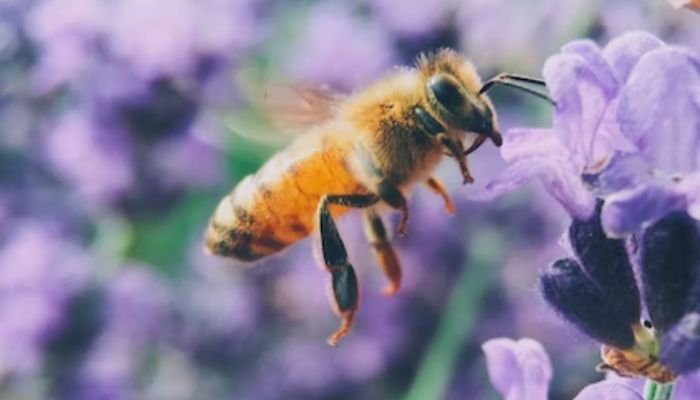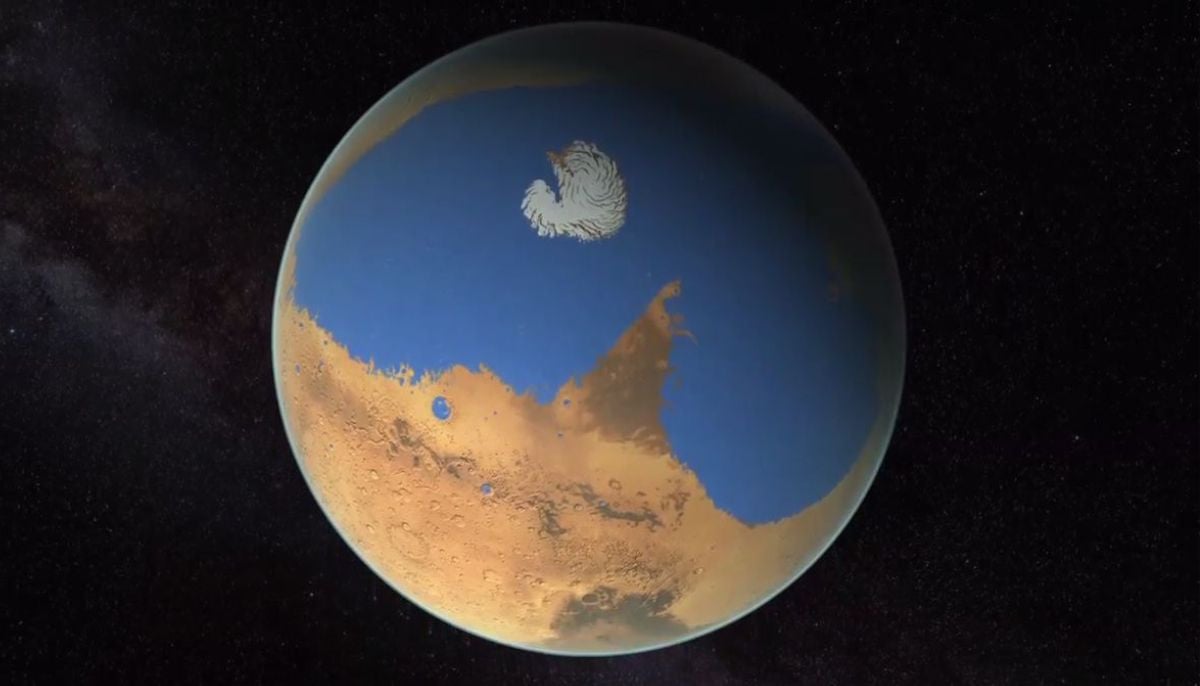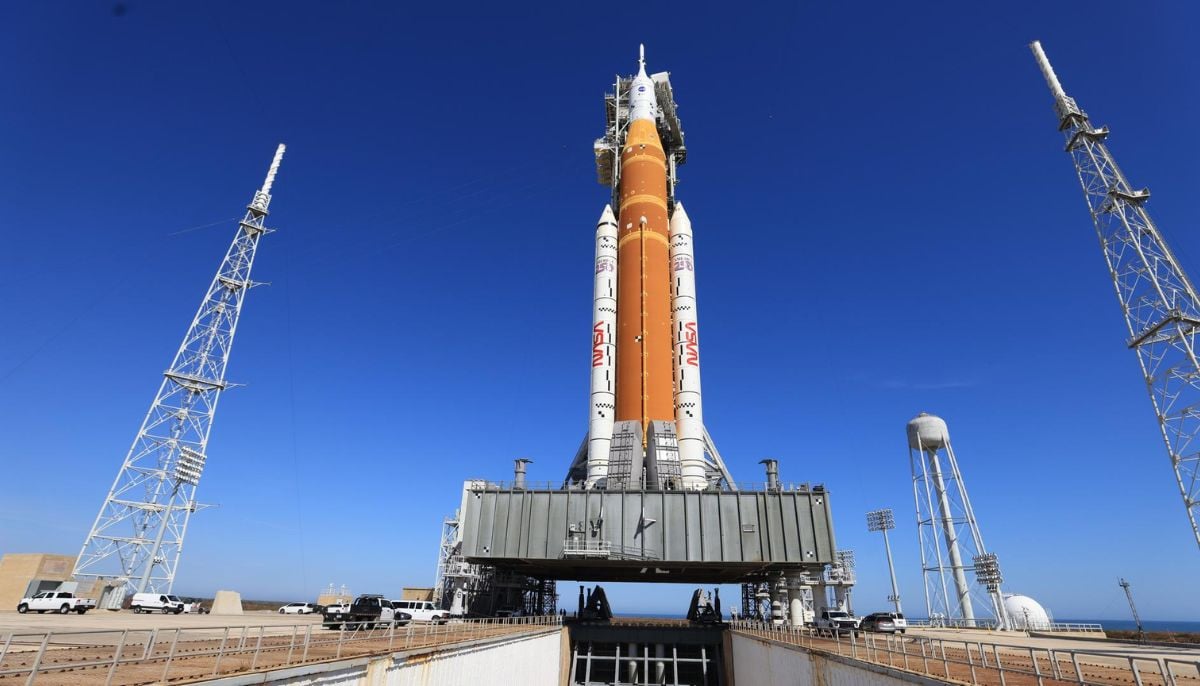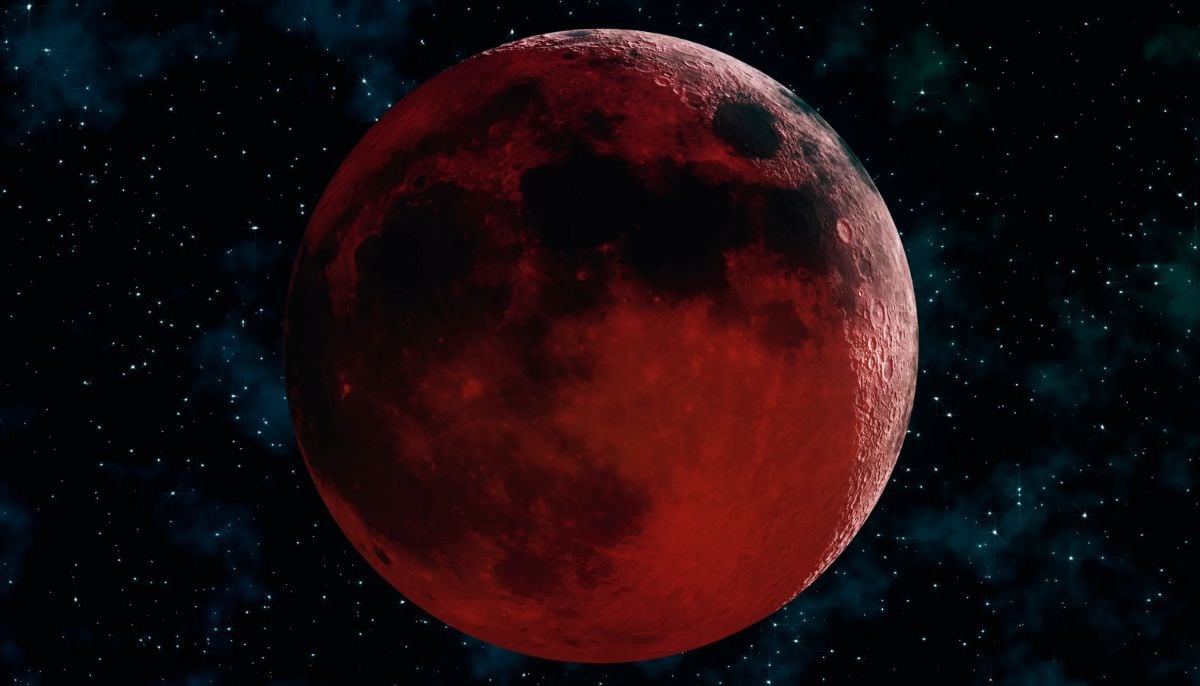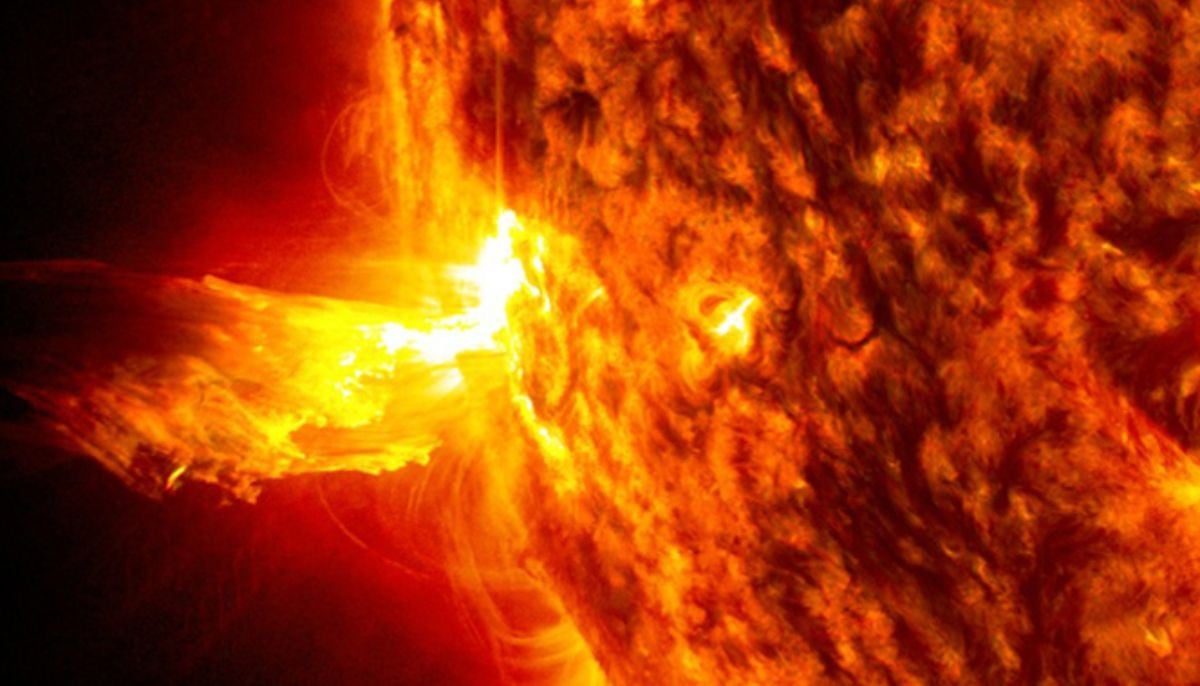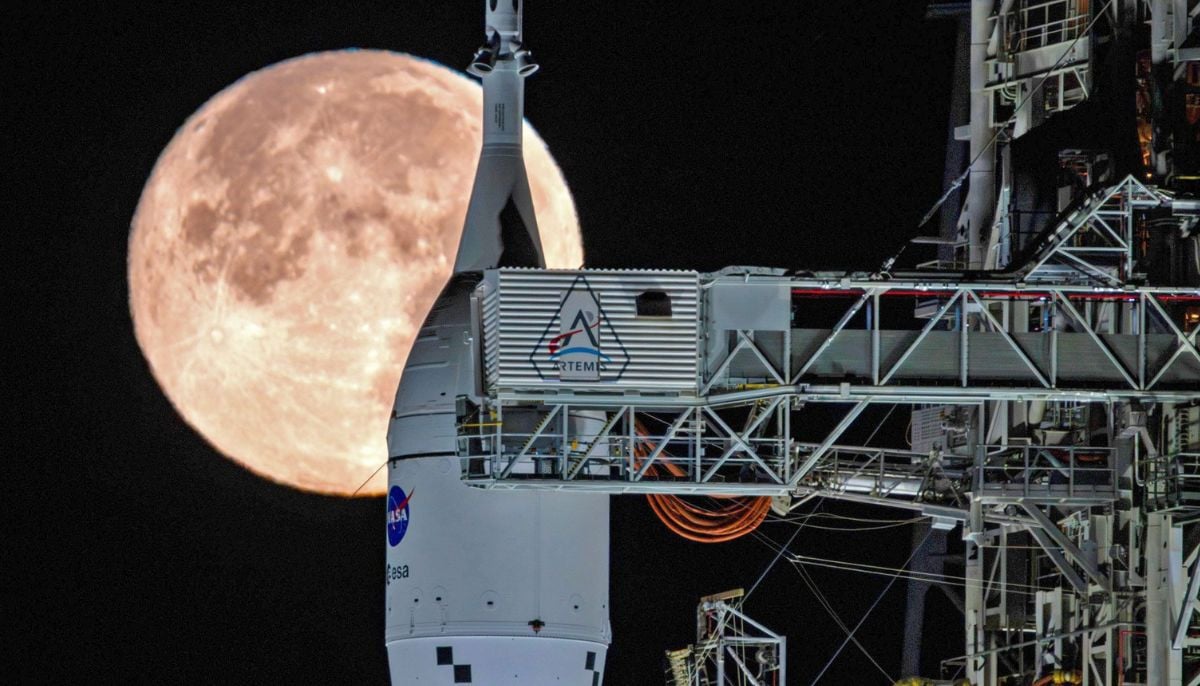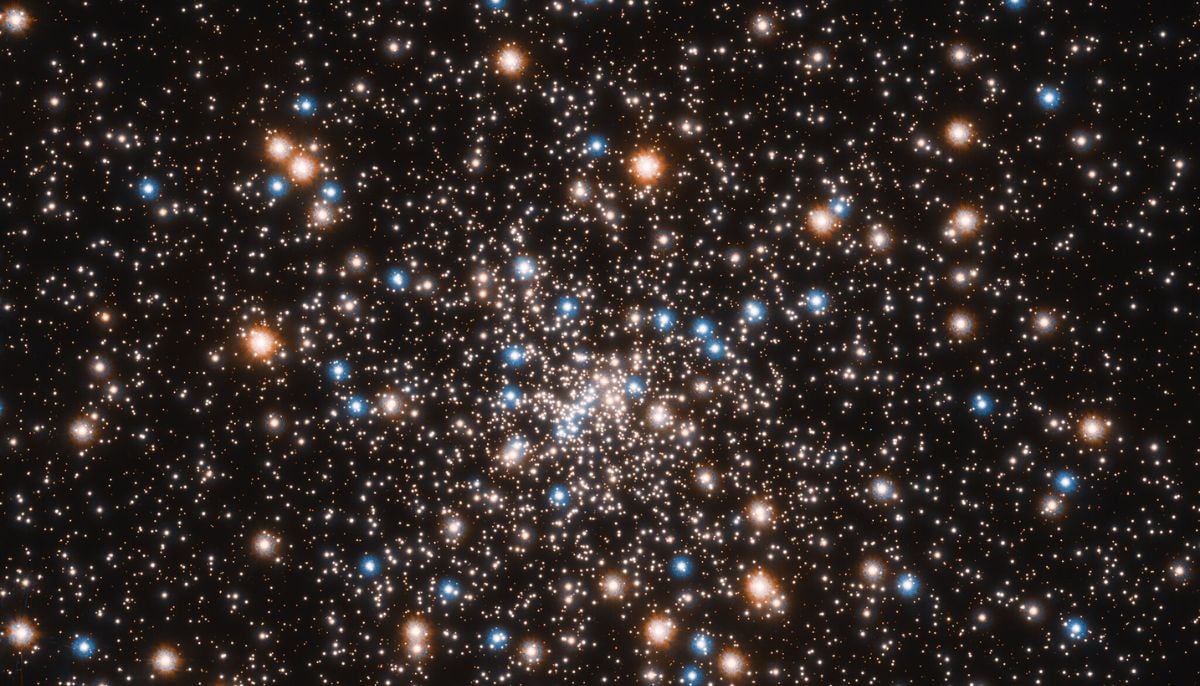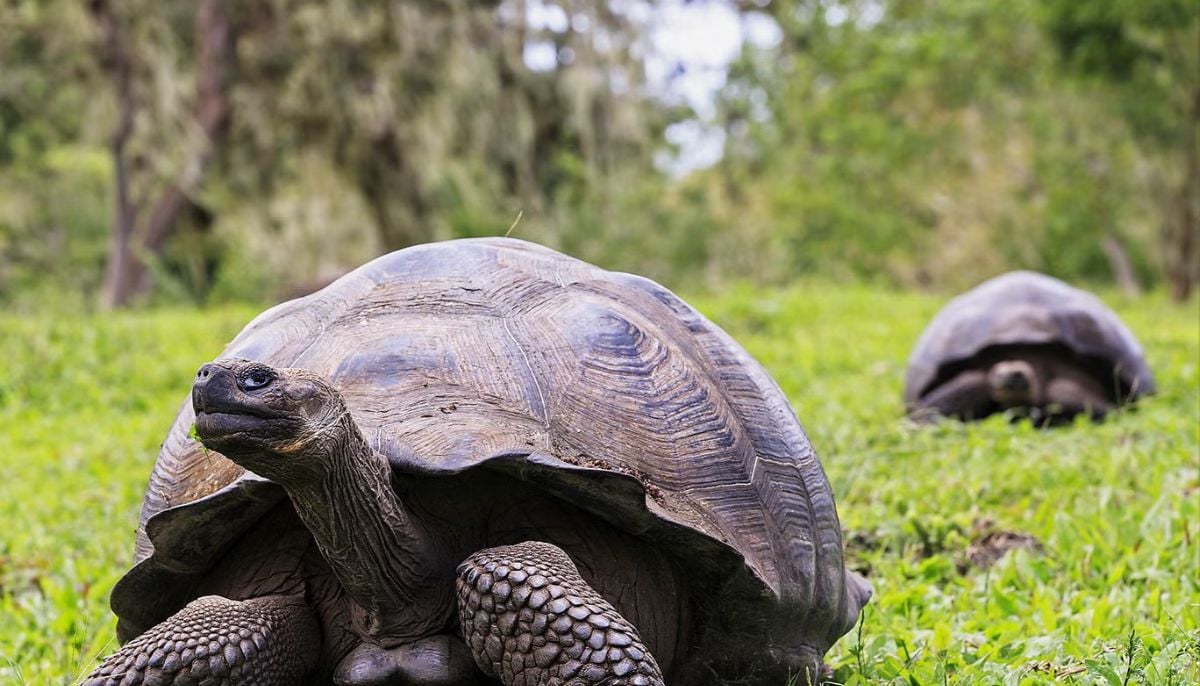Honey bees dying twice as fast as they did 50 years ago
Numerous bee species are in danger of going extinct due to habitat degradation and human activities
A recent study published in Scientific Reports revealed that honey bee lifespans are much shorter today than they were fifty years ago, which is yet another setback for bee pollinators.
Numerous bee species are in danger of going extinct due to habitat degradation and human activities, and this new finding raises the possibility that genetics may also be hastening bee deaths. Knowing which genes cause bees to live shorter lives could aid in the creation of honey bees that live longer.
Beekeepers are aware that colonies frequently change as bees age and die on their own. However, beekeepers have been reporting extremely high bee loss rates over the past ten years, which has made it more expensive and time-consuming to replenish colonies. This is the first study, according to the University of Maryland study authors, to demonstrate a loss in honey bee lifespan irrespective of environmental stressors. It's more likely that their genes are to blame for their shortened lifespans.
An earlier work that involved raising adult bees in a lab gave researchers the idea to investigate the honey bee life cycle. Within 24 hours of emerging from the wax cells they are raised in, the researchers gathered bee pupae from honey bee colonies. When the collected bees reached adulthood, they were put in special cages after finishing their growth in an incubator.
In that investigation, the team was examining the results of simulating the wild environment by switching the sugar water provided to caged bees with plain water. Researchers found that honey bees in cages died sooner than expected, regardless of the amount of food or water provided.
“When I plotted the lifespans over time, I realised, wow, there's actually this huge time effect going on,” said lead study author Anthony Nearman, a PhD student in the department of entomology, in a university release.
“Standardised protocols for rearing honey bees in the lab weren’t really formalised until the 2000s, so you would think that lifespans would be longer or unchanged, because we’re getting better at this, right? Instead, we saw a doubling of mortality rate.”
What is killing off honey bees so fast?
The research team studied over 50 years' worth of honey bee literature for the current study. Although scientists had hypothesised that isolating bees would shorten their longevity, historical records of lab-kept bees revealed that their lifespans were comparable to those of colony bees. Research from the past has revealed a connection between shorter lifespan, less time spent foraging, and decreased honey output, which is another incentive to continue this study.
According to the study findings, honey bee lifetime has decreased by 50% since the 1970s, which will cause a 33.5% disruption in honey output over the following few decades. This is comparable to the 30 to 40% honey loss recorded by beekeepers on average over the previous 14 years.
Another possibility is that lab-kept bees are exposed to low-level virus infection or pesticide exposure when they are still larval. Bees, on the other hand, have displayed symptoms associated with these exposures.
The following stage for academics is to compare patterns in honey bee lifespans across various nations. The researchers may then identify and evaluate potential factors like genetics, pesticide use, and diseases in the local bee stocks in countries other than the US that are reporting longevity disparities.
-
Sun appears spotless for first time in four years, scientists report
-
SpaceX launches another batch of satellites from Cape Canaveral during late-night mission on Saturday
-
NASA targets March 6 for launch of crewed mission around moon following successful rocket fueling test
-
Greenland ice sheet acts like ‘churning molten rock,’ scientists find
-
Space-based solar power could push the world beyond net zero: Here’s how
-
Hidden ‘dark galaxy' traced by ancient star clusters could rewrite the cosmic galaxy count
-
Astronauts face life threatening risk on Boeing Starliner, NASA says
-
Giant tortoise reintroduced to island after almost 200 years
